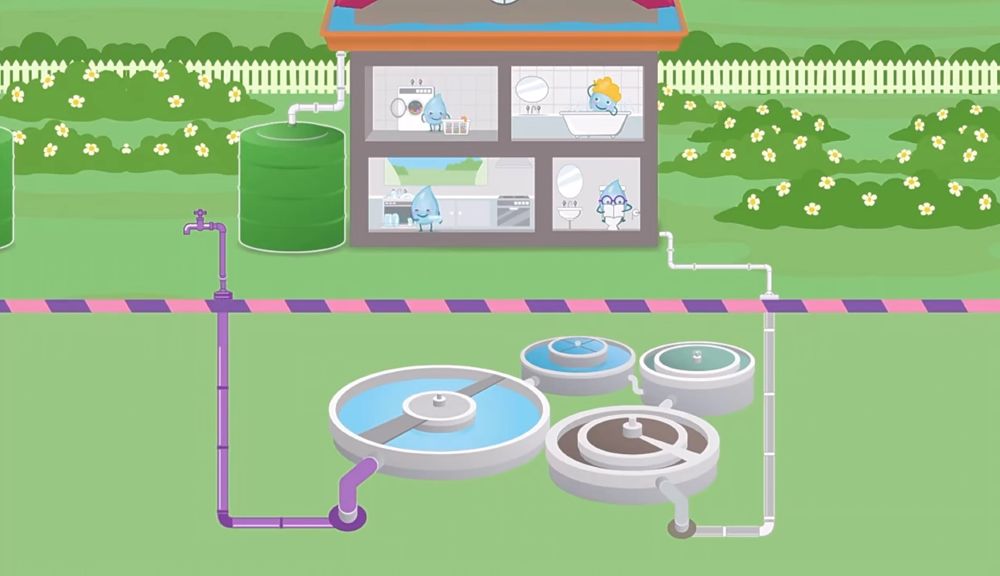
“The myths of misleading labels: Examining consumer understanding of plant-based meat and milk analogues.”
We test what shoppers understand and what that means for labeling debates.👏
DOI: doi.org/10.1007/s106...
#FoodLabeling

“The myths of misleading labels: Examining consumer understanding of plant-based meat and milk analogues.”
We test what shoppers understand and what that means for labeling debates.👏
DOI: doi.org/10.1007/s106...
#FoodLabeling
Dr. Feltz & Dr. Cokely’s new open-access book digs into biases, diversity of intuitions, and real-world choice architecture.
Grab the free PDF (CC BY 4.0): link.springer.com/content/pdf/...
#Ethics#DecisionScience

Dr. Feltz & Dr. Cokely’s new open-access book digs into biases, diversity of intuitions, and real-world choice architecture.
Grab the free PDF (CC BY 4.0): link.springer.com/content/pdf/...
#Ethics#DecisionScience
Read: doi.org/10.1038/s430...
#NatureFood #ScienceCommunication #PlantBased #MediaEffects

Read: doi.org/10.1038/s430...
#NatureFood #ScienceCommunication #PlantBased #MediaEffects

